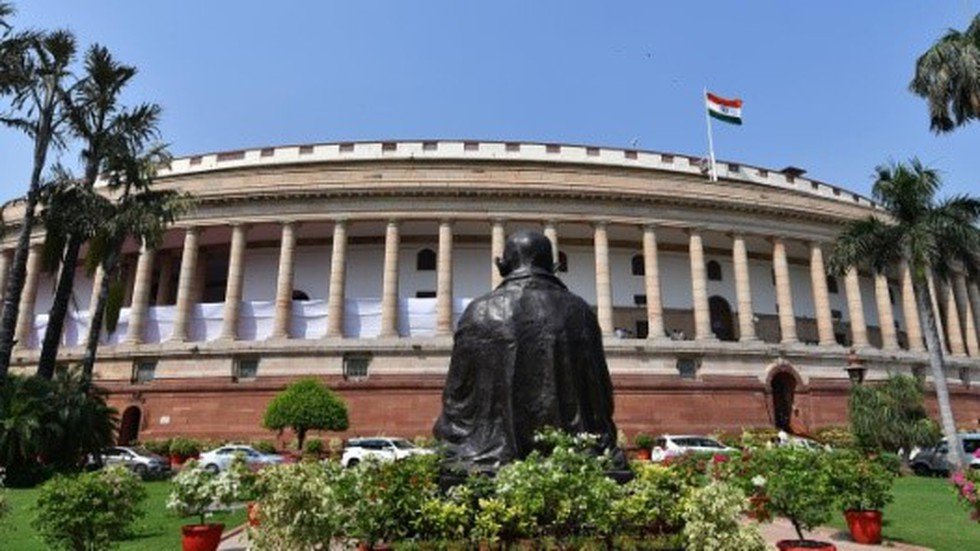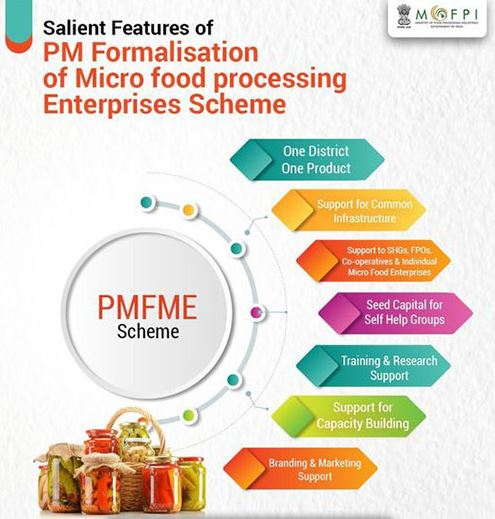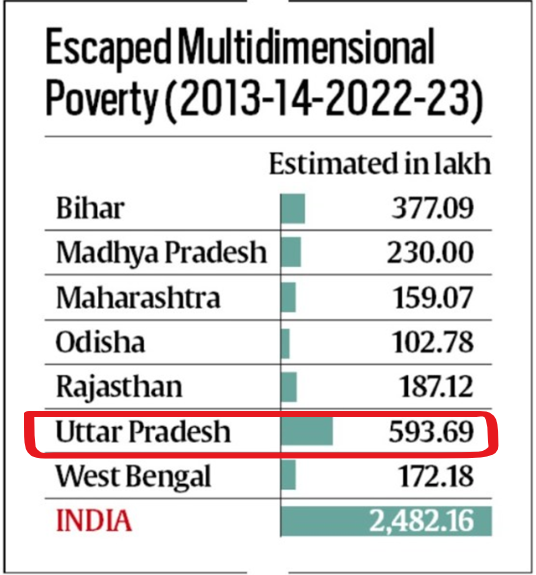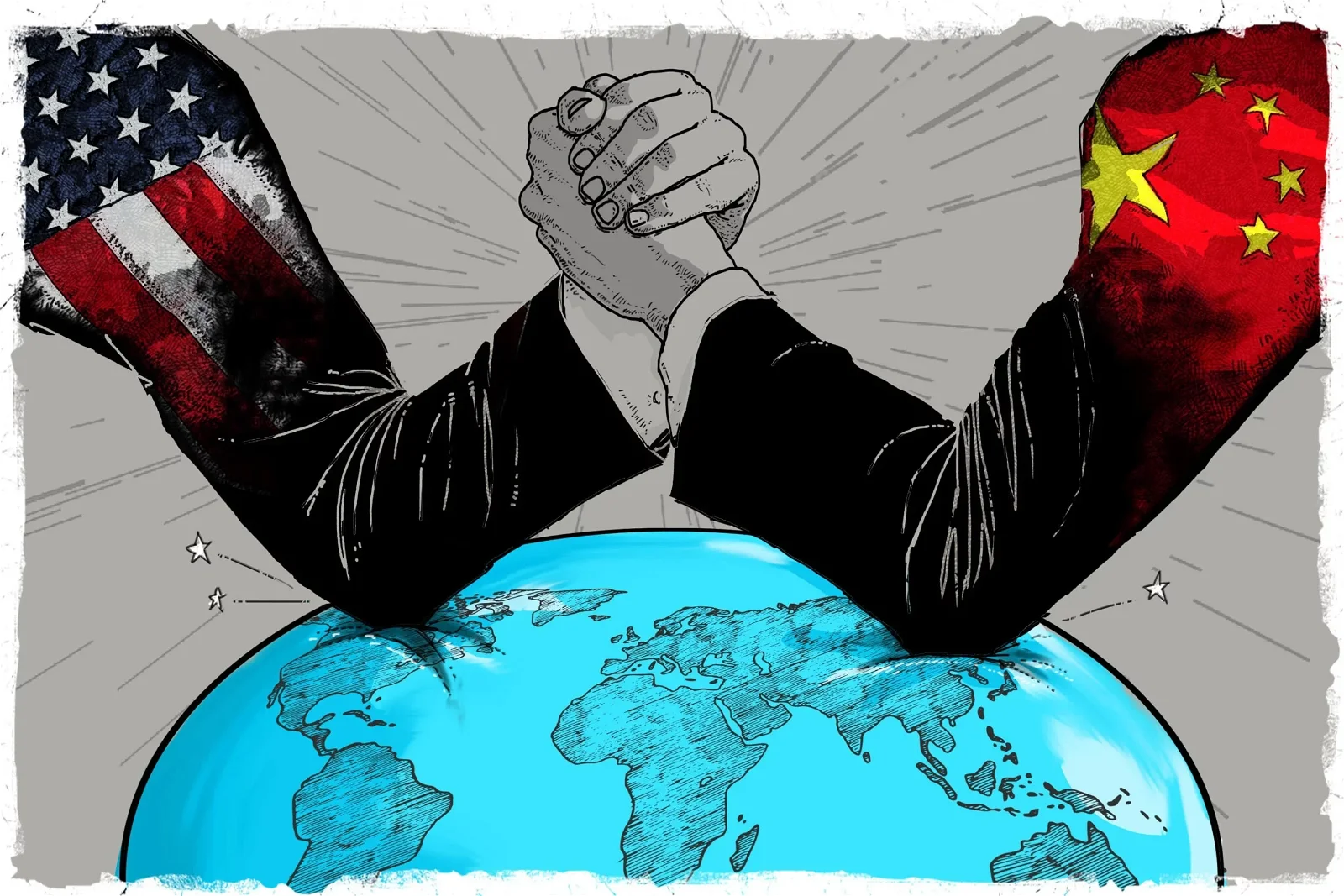
Enhancing Production of Affordable Cooling Devices
Subscribers of "Current Affairs" course can Download Daily Current Affairs in PDF/DOC
Subscribe to Never Miss an Important Update! Assured Discounts on New Products!
Must Join PMF IAS Telegram Channel & PMF IAS History Telegram Channel
- Context (PIB): The Department for Promotion of Industry and Internal Trade (DPIIT), Ministry of Commerce and Industry, partnered with the World Bank to host a successful workshop on “Alleviating Heat Stress by Enhancing Production of Affordable Cooling Devices (AHEAD).“
- The Ministry of Environment & Forests (MoEF&CC) and the Bureau of Energy Efficiency (BEE) supported the initiative.
Significance of Affordable Cooling Devices Production
- Rising demand: Increased global warming, the growing Indian economy, and increased purchase power will likely increase overall cooling demand by 10 times in the next two decades.
- Safeguard GDP: Cooling interventions have the potential to save approximately 4.5% of GDP, nearly 329 billion USD, at risk by 2030 due to heatwaves.
- Protect agricultural produce: The existing cold chain for agricultural produce meets only 4% of the total requirement.
- Save foreign exchange: India spent nearly a billion USD in 2022-23 foreign exchange on importing cooling device components.
- Help achieve India Cooling Action Plan target: The plan announced in 2019 to address the cooling emissions aims to reduce power consumption for cooling across sectors by 20-25% by 2038.
- Uphold India’s commitment: It will show that India earnestly wants to reduce cooling emissions despite not being a part of the Global Cooling Pledge.
Global Cooling Pledge (GCP)
Why was India Reluctant to Sign the Global Cooling Pledge?
|
Way Ahead for Affordable Cooling Devices Production
- Focus on overcoming domestic manufacturing challenges.
- Exploring innovative policy and financing strategies.
- Position India as a Global Manufacturing Hub for sustainable and affordable cooling technologies.
- R&D for production of higher quality & cost-effective cooling devices.




![PMF IAS Environment for UPSC 2022-23 [paperback] PMF IAS [Nov 30, 2021]…](https://pmfias.b-cdn.net/wp-content/uploads/2024/04/pmfiasenvironmentforupsc2022-23paperbackpmfiasnov302021.jpg)











